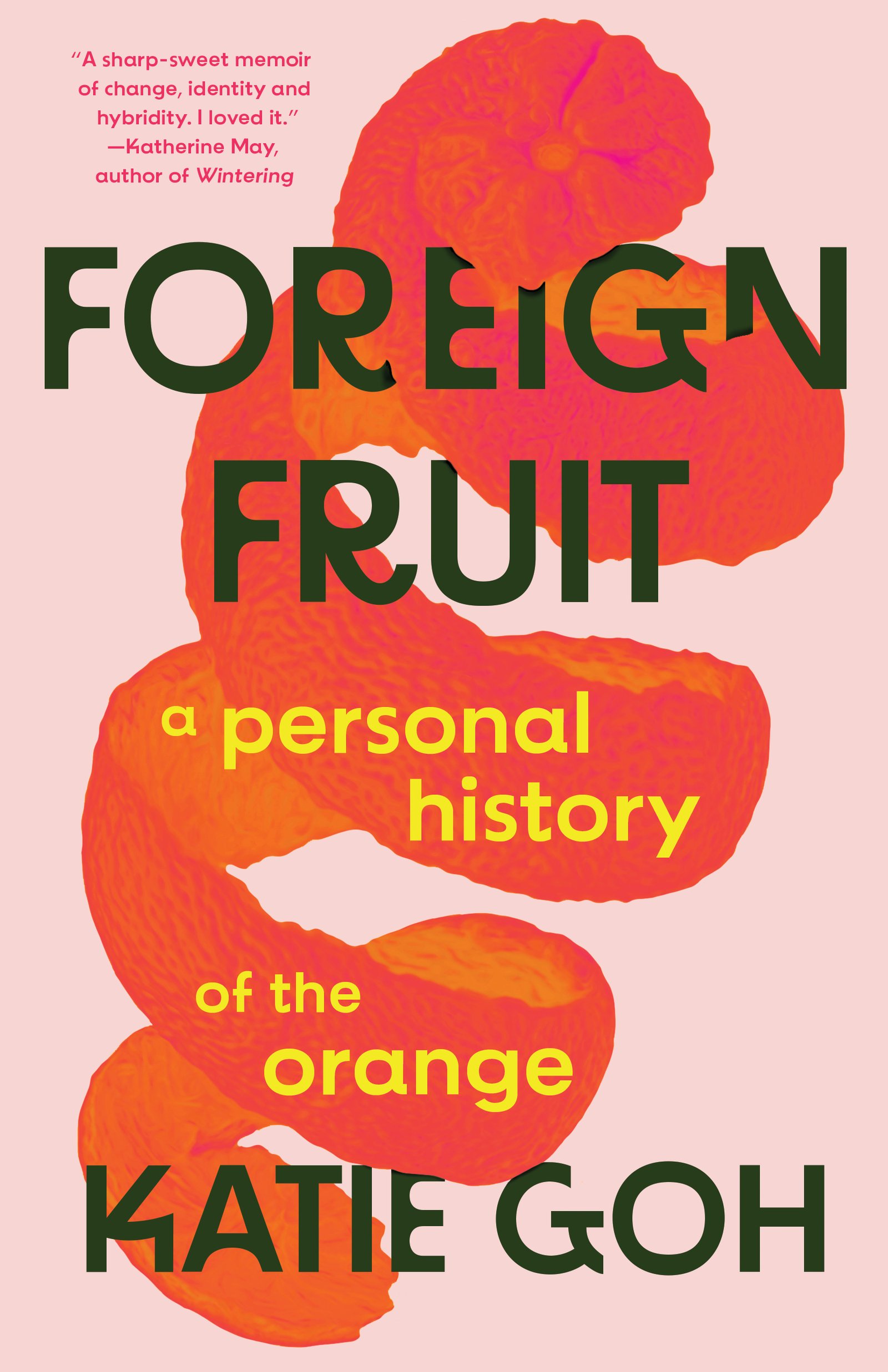Exploring Identity Through Citrus: A Review of Foreign Fruit: A Personal History of the Orange by Tara O’Brady
When I stumbled upon Foreign Fruit: A Personal History of the Orange by Tara O’Brady, I was immediately intrigued by the premise: a deep dive into the history of an everyday fruit that doubles as an allegory for hybrid identity. As someone who has often felt like a patchwork of influences myself, the thought of peeling back the layers of an orange to explore ancestry, immigration, and personal narrative was irresistible. O’Brady’s writing resonates on so many levels, and I’m eager to share my thoughts on this compelling exploration.
At its core, O’Brady’s book is a blend of personal history and socio-political commentary. The narrative shifts seamlessly from her experiences as a mixed-heritage individual to the broader historical contexts that shaped the orange’s journey across the globe. She writes, “I wished to be remade. I wished to hold variousness in my own skin…” This heartfelt desire for authenticity struck a chord with me; it’s a sentiment that many of us can relate to, particularly in today’s increasingly interconnected world.
O’Brady’s style is conversational yet insightful, making complex themes accessible without diluting their significance. Her early connections between oranges and immigration set a poignant tone, allowing readers space to digest her reflections rather than spoon-feeding them the moral. I particularly appreciated her rhetorical questions, like, “When does a fruit become more than a creation of nature?” This line encapsulates the essence of her work: how do we define our identities in relation to both our heritage and the societies we inhabit?
However, as much as I adored the first half of the book—marked by rich insights and personal reflections—the narrative seemed to meander in the second half. While O’Brady brilliantly addresses colonialism through the lens of Dutch Golden Age paintings, I felt the exploration lacked a balance. The history of imperialism, particularly from a Chinese perspective, was largely overlooked, which was a missed chance to create a fuller tapestry of the “orange” narrative.
There are moments where the history presented connects back to her own journey, notably when she recounts the violence against Asian Americans, drawing thread between the past and present. Yet, some anecdotes felt disconnected or tangential, such as the recounting of the 1871 massacre of Chinese individuals in Los Angeles. O’Brady herself expresses uncertainty about these digressions, creating a dialogue about relevance that resonated with me.
Beyond her focus on oranges and personal history, I craved a deeper understanding of her experiences as a queer individual. While she touches on feelings of displacement in different lands—from Fujian, China to Northern Ireland—the narrative could have delved further into how these aspects of her identity intertwine with her exploration of heritage.
In conclusion, I believe Foreign Fruit will resonate with readers interested in identity politics, cultural history, and personal storytelling. With over 250 references, O’Brady’s well-researched work is devoid of filler; every page offers something worth pondering. Despite its structural lapses, the narrative’s warmth and honesty left a lasting impression on me. It invites us to consider how we cultivate our own identities amidst the complex fruits of our heritage—surely a journey worth embarking on.
For anyone curious about how a simple fruit can encapsulate complex themes of identity and history, this book might just be your next read. Whether you’re grappling with your own “foreign fruit” or simply looking for a thought-provoking narrative, give Tara O’Brady’s work a chance. It might just leave you contemplating your own roots, much like it did for me.
Discover more about Foreign Fruit: A Personal History of the Orange on GoodReads >>







